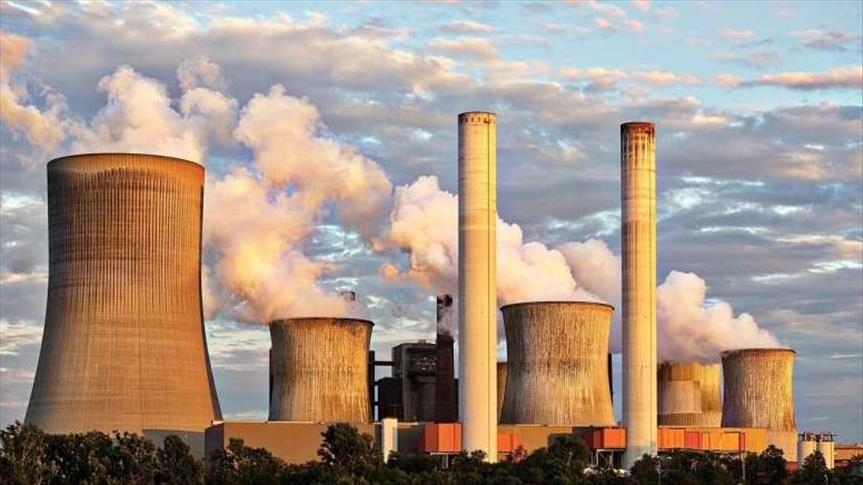As talks around climate change are ongoing in Egypt at this year’s UN Conference, Premium Times newspaper, one of Nigeria’s leading online newspapers, the Guardian UK, the Irish Independent and 32 other media organizations from about 20 countries have issued a statement calling for an end to countries’ continued addiction to fossil fuels use and a transition to clean energy instead.
As many countries of the world have battled varying degrees of climate change issues such as heatwaves, floods, and hurricanes, the situation could get worse unless the transition is done quickly, they warned.
To ease the effect of climate change on developing countries, they called for support from developed nations which are majorly responsible for most climate change issues.
Read also: Activist calls for a paradigm shift in Africa’s climate change story
Part of the statement reads: “The world’s poorest people will bear the brunt of the destruction wrought by drought, melting ice sheets and crop failures. To shield these groups from the loss of life and livelihoods will require money. Developing countries, says one influential report, need $2 trillion annually to cut their greenhouse gas emissions and cope with climate breakdown.
“Rich countries account for just one in eight people in the world today but are responsible for half of the greenhouse gases. These nations have a clear moral responsibility to help. Developing nations should be given enough cash to address the dangerous conditions they did little to create – especially as a global recession looms.
“Rich nations should deliver on the promise of previously committed funds – such as the $100 billion a year from 2020 – to signal their seriousness. As a bare minimum, a windfall tax on the combined profits of the largest oil and gas companies – estimated at almost $100 billion in the first three months of the year – needs to be enacted. The United Nations was right to call for the cash to be used to support the most vulnerable. But such a levy would only be the start. Poor nations also carry debts that make it impossible to recover after climate-related disasters or protect themselves from future ones. Creditors should be generous in writing off loans for those on the frontline of the climate emergency.
“These measures need not wait for coordinated international action. Countries could implement them on regional or national levels. A nation’s cumulative emissions must be the basis of its responsibility to act. While private finance can help, the onus is on big historical emitters to stump up the money.”
Story was adapted from Premium Times.
